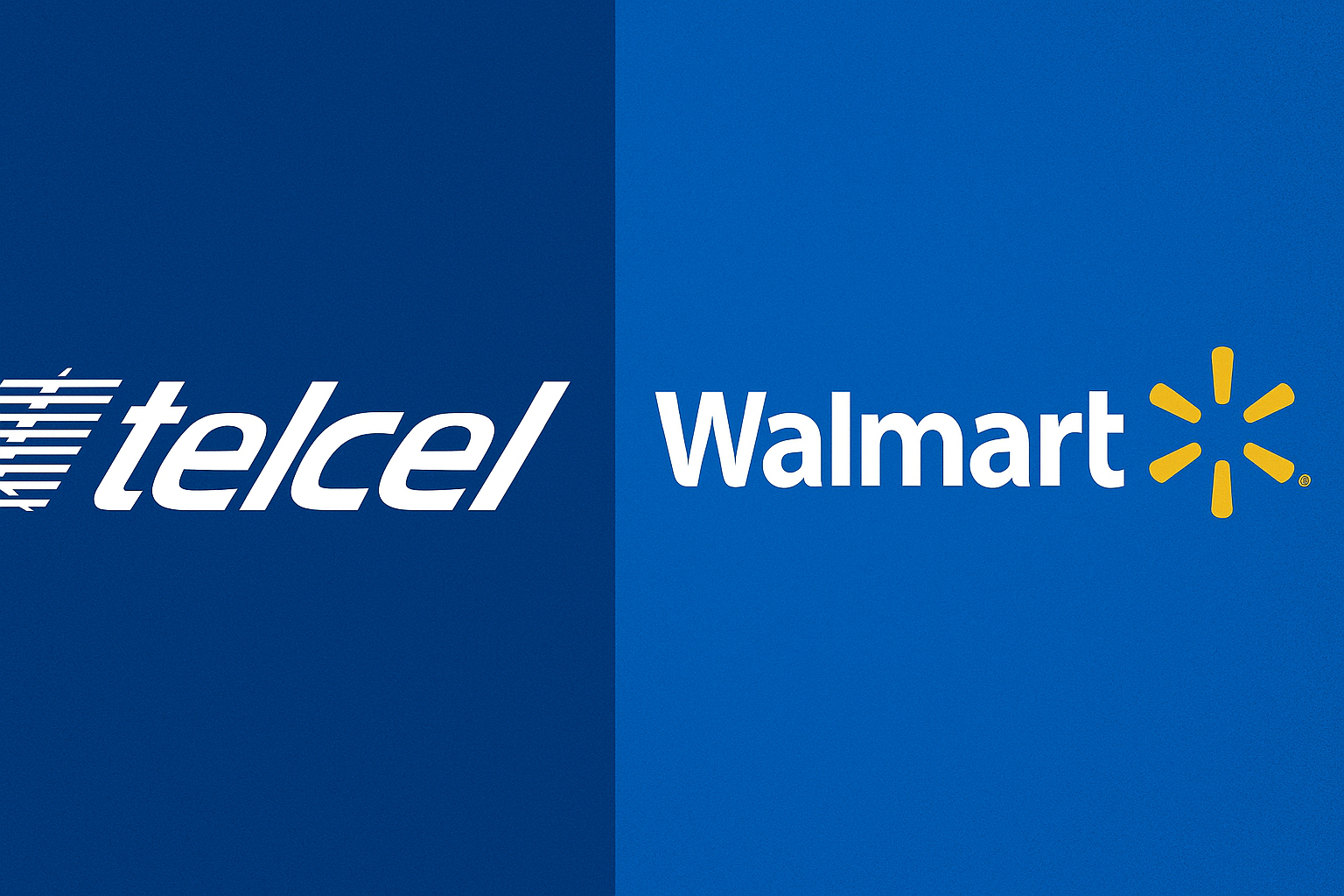(This summary has been automatically generated with AI, its content may differ from the original video in Spanish)
Telcel’s Lawsuit Against Walmart Raises Questions in Mexico’s Telecom Market
In a twist that has caught the attention of antitrust watchers across Latin America, Telcel — the dominant telecom operator in Mexico — has filed a complaint against Walmart, accusing the retail giant of abusing a dominant position in the mobile telecommunications market. The irony is hard to miss: the most powerful player in the market alleging exclusionary behavior from a relative newcomer.
At the heart of the dispute is Walmart’s mobile virtual network operator (MVNO) brand Bait, which has quickly climbed to become the fourth-largest player in the Mexican telecom space, behind Telcel, AT&T, and Telefónica. Bait operates using Altán, a publicly backed wholesale shared network created to expand connectivity to underserved regions.
Unlike traditional mobile network operators (MNOs), Walmart did not have to purchase spectrum or invest in its own infrastructure. Instead, it leveraged Altán’s open-access model to enter the market quickly and at scale, offering SIM cards and promotions directly through its nearly 3,000 retail outlets. For customers, it’s as simple as picking up a chip at checkout — often bundled with prepaid minutes or discounts on purchases.
Telcel’s complaint, filed with the Federal Telecommunications Institute (IFT), argued that this model gave Walmart an unfair advantage. However, the IFT dismissed the case, citing a lack of evidence of anticompetitive behavior or abuse of the concession terms granted to Altán. The matter is now under judicial review, and it remains to be seen whether the courts will take a different view.
What makes this case particularly compelling is its regulatory and political backdrop. The Mexican government is undergoing significant institutional reform, including proposed changes to competition and telecom enforcement. Two new authorities are expected to replace the IFT and the Federal Economic Competition Commission (COFECE), raising questions about continuity, regulatory certainty, and institutional expertise.
At the same time, Walmart’s success — built on retail scale, distribution, and cross-selling strategies — is pressuring legacy players like Telcel and AT&T to adapt. As Telefónica continues to divest across Latin America, the market could soon consolidate to three dominant players, intensifying competition for prepaid customers and underserved regions.
One key concern is the future governance of Altán, now a majority state-owned entity. The forthcoming competition law includes provisions to ensure that state-owned enterprises do not distort markets or gain undue advantages. This is particularly relevant in light of trade obligations under USMCA (T-MEC), which emphasize equal treatment for foreign and domestic investors.
Beyond the big players, smaller regional operators — often overlooked — remain vital for expanding coverage. However, recent policy moves, including the disbanding of a small operators’ committee within the IFT, have raised fears about regulatory favoritism and reduced support for local entrants.
Looking ahead, stakeholders are watching closely. Will Walmart’s strategy continue to disrupt the market? Can Telcel regain ground without invoking protectionist arguments? And will Mexico’s new institutions uphold the technical expertise and independence that made the IFT and COFECE regional models?
In the meantime, the Walmart vs. Telcel case is more than a legal battle — it’s a test case for how Mexico balances innovation, market power, and public policy in one of its most dynamic and politically sensitive sectors.
